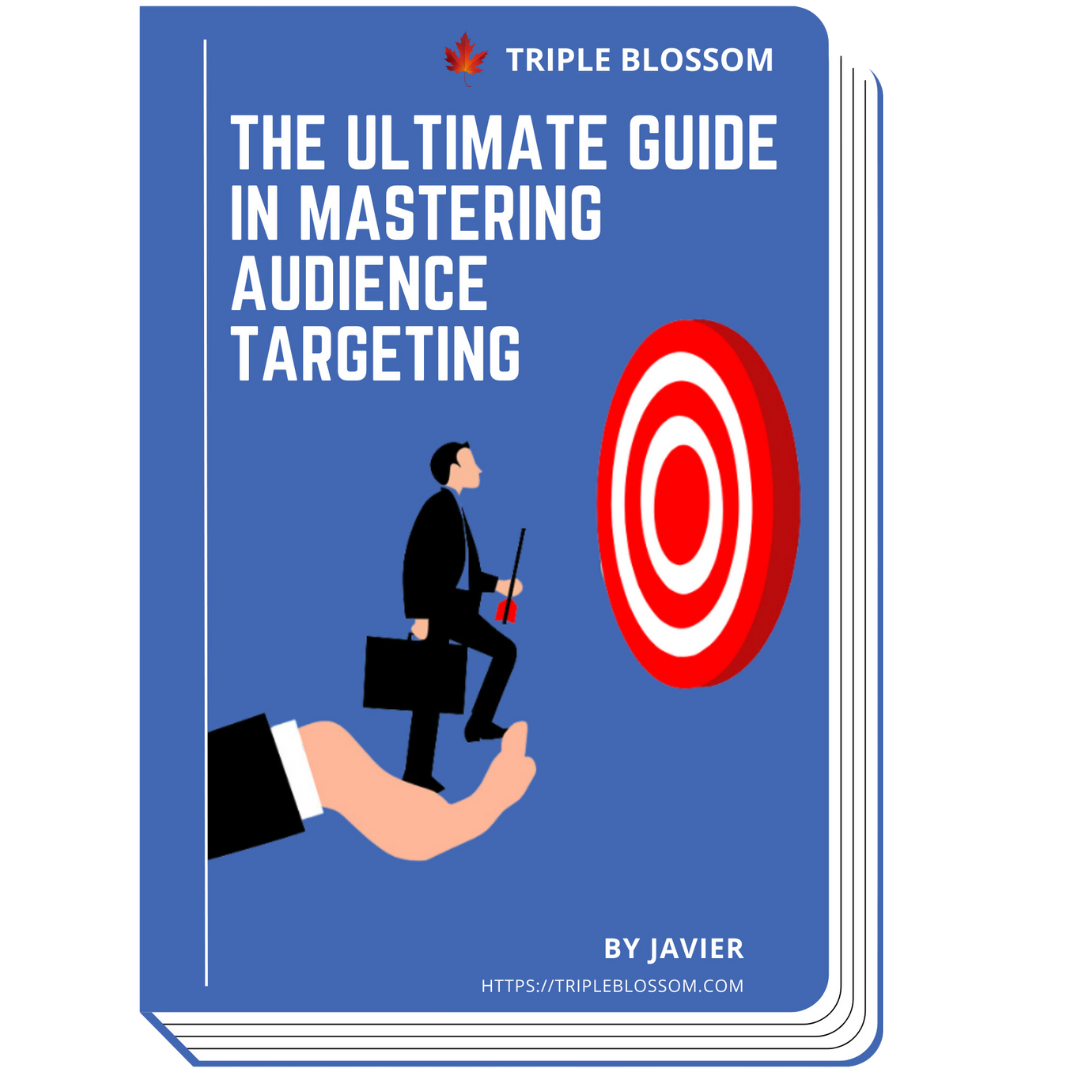How To Target Facebook Ads Based On Google Searches

In today's data-driven world, businesses are always looking for ways to optimize their advertising efforts. One strategy that has gained popularity is leveraging Google search data to target Facebook ads more effectively. This artcle will walk you through on how to create tailored Facebook campaigns with Google search trends, bridging the gap between the two platforms for maximum impact.
Cross-platform ad targeting strategies
The first step to leveraging Google search data for Facebook ads is understanding that although Facebook and Google are separate platforms, there are ways to combine their strengths. Meta, Facebook's parent company, works with third-party data providers to improve targeting accuracy. While they don't have direct access to Google's search data, they can still gather insights from other sources.
Keyword-driven Facebook ad targeting
A key component of effective ad targeting is keyword research. Here are a few tools you can use to find popular search terms:
- Google Trends
- Google Keyword Planner
- Ubersuggest
- SEMrush
- Ahrefs
- Moz
For example, if you're promoting a fitness app, you might discover that users are searching for phrases like "best workout routines" or "home fitness equipment." You can use this information to target users who have shown interest in similar topics on Facebook.
Research using Google Trends and other market trend tools
Google Trends is a powerful tool that allows you to explore search interest over time, across regions, and in various categories. By analyzing trends, you can identify popular and emerging keywords related to your business. Other tools like SEMrush and Ahrefs can help you identify keyword opportunities and assess the competition.
Integrating these insights into Facebook's detailed targeting options is the next step. You can use the keywords and phrases from your research to find related interests on Facebook, allowing you to target users who are more likely to engage with your ads.
Custom audiences based on search queries
Facebook's Custom Audiences feature lets you create specific groups of users based on their interests, behaviors, and demographics. By utilizing the information gathered from your keyword research, you can create custom audiences that closely align with the Google searches you want to target.
For instance, if your keyword research indicates that users are searching for "home fitness equipment," you can target Facebook users who have interests such as "home workouts," "exercise equipment," or "fitness apps."
Retargeting Users from Search on Facebook Ads
Retargeting is a powerful way to reconnect with users who have already shown interest in your products or services. While you can't directly retarget users based on their Google searches, you can use other tactics to create a similar effect.
One option is to run a Google Ads campaign targeting specific search queries. When users click on your ad and land on your website, you can use a Facebook Pixel to track their activity. This information can then be used to create a custom audience on Facebook, allowing you to retarget users who engaged with your Google Ads.
Bridge the gap between Google searches and Facebook advertising
Now that you have a better understanding of the strategies involved in leveraging Google search data for Facebook ads, let's dive into a step-by-step guide on how to implement these tactics.
- Conduct keyword research: Use Google Trends, Google Keyword Planner, or other keyword research tools to identify popular and relevant search terms related to your business.
- Analyze search trends: Examine search trends to understand user behavior and identify opportunities for targeting specific keywords or phrases.
- Create custom audiences on Facebook: Use the information from your keyword research to create custom audiences that align with the Google searches you want to target. Target users based on their interests, behaviors, and demographics.
- Utilize detailed targeting options: Incorporate your research findings into Facebook's detailed targeting options to reach users who are more likely to engage with your ads. For example, if you're targeting users interested in "home fitness equipment," consider selecting related interests such as "home workouts," "exercise equipment," or "fitness apps."
- Run Google Ads campaigns: Set up Google Ads campaigns targeting specific search queries related to your products or services. This way, you can capture users who are actively searching for what you offer and direct them to your website.
- Implement Facebook Pixel: Add a Facebook Pixel to your website to track user activity and gather valuable data on visitors who come from your Google Ads campaigns. This will help you create custom audiences for retargeting on Facebook.
- Retarget users on Facebook: Use the data collected by Facebook Pixel to create custom audiences for retargeting users who engage with your Google Ads. This will help you stay connected with potential customers, increasing the chances of converting them.
Search-based audience segmentation for Facebook ads
Segmenting your audience based on their search behavior is another effective strategy for creating tailored Facebook campaigns. By understanding the search intent behind specific keywords, you can create more relevant and engaging ads for your target audience.
For example, if users are searching for "best workout routines," their intent is likely to find effective and engaging exercise plans. You can create a custom audience on Facebook targeting users with interests in "workout routines" or "fitness plans" and tailor your ad creative to address their search intent.
In conclusion, while you can't directly target Facebook ads based on Google searches, you can still create effective and engaging campaigns by leveraging search data and applying cross-platform ad targeting strategies. By utilizing keyword-driven targeting, retargeting users from search, and cross-platform targetings, you can create tailored campaigns that resonate with your audience and drive better results.
Are you constantly feeling that Facebook Ads is not working anymore? Despite all your efforts and strategies, with each algorithm change, it feels like you're back at square one. The ROI isn't what it used to be, and you're left wondering if Facebook Ads has lost its magic.
After diving deep into the intricacies of audience targeting and the ever-evolving Facebook landscape, I've uncovered strategies that remain effective despite the platform's constant changes. Discover these insights in my latest E-Book - The Ultimate Guide In Mastering Audience Targeting.
